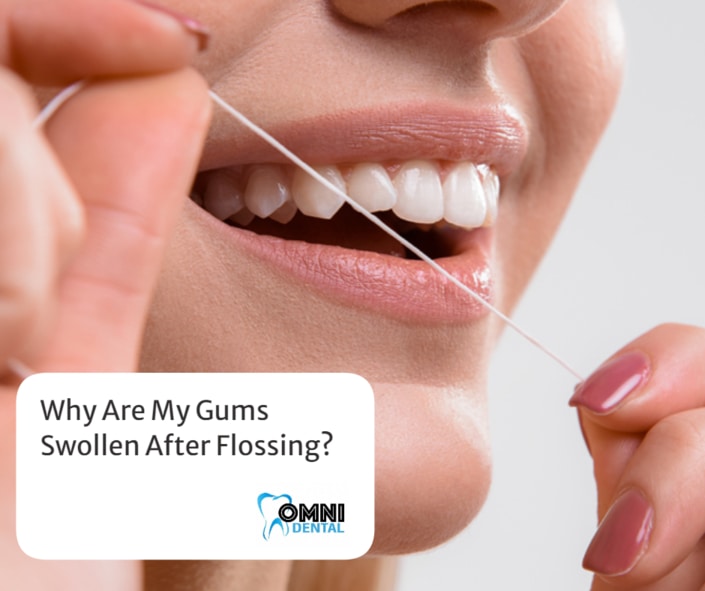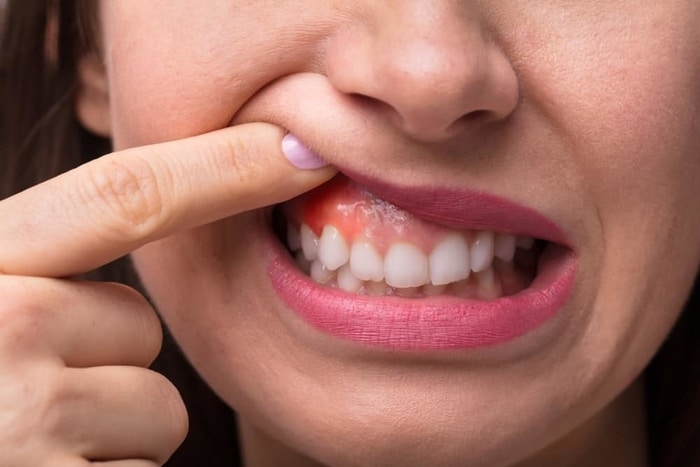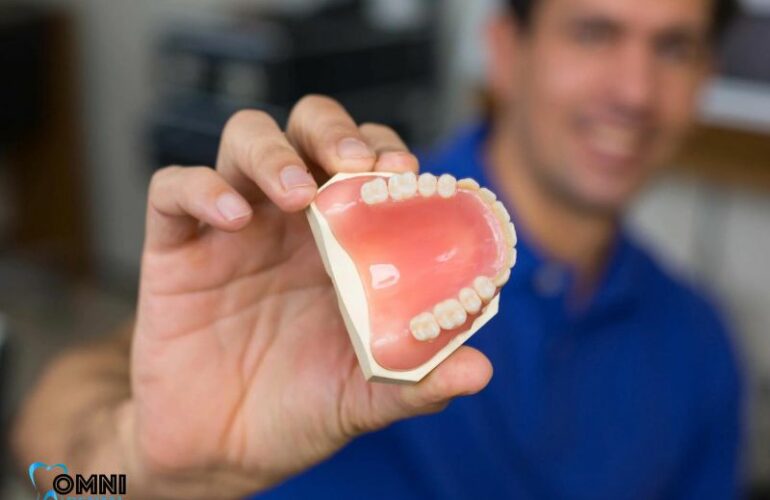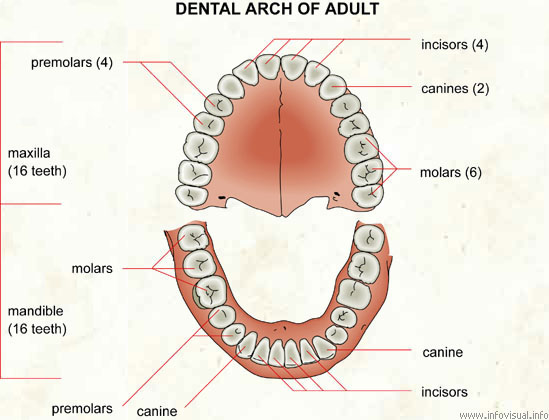If you have noticed that your gums are swollen and sore after flossing, it is important to determine the cause. Swollen and inflamed gums can lead to gum disease, which requires treatment. In some cases, the pain may simply be caused by flossing too hard or too often. If this is the case, you can try to floss more gently or reduce the number of times you floss each day.
However, there may be other causes for your swollen and sore gums. Gum disease is the most common cause of gum pain, but there are other possibilities as well. Some infections or illnesses can cause your gums to become inflamed and sore. If you have recently started a new medication, this could also be the cause.
What Causes Inflamed Gums?
There are a number of things that can cause your gums to become inflamed. The most common cause is gum disease, which is caused by plaque buildup on the teeth. Plaque is a sticky film of bacteria that forms on the teeth and can lead to infection and inflammation if not removed regularly. Other signs of gum inflammation include:
- Red, swollen, or tender gums
- Bleeding gums when brushing or flossing
- Receding gums
- Bad breath
- Loose teeth
If you have any of these symptoms, it is important to see your dentist as soon as possible. Gum disease can be treated, but it is important to catch it early.
Other causes of gum inflammation include:
- Brushing or flossing too hard or too often
- Tobacco use
- Chemotherapy
- Hormonal changes, such as those that occur during pregnancy
- Irritation from dental hardware, such as braces or a dental bridge
How To Get Rid of Inflamed Gums?
If you have inflamed gums, there are a few things you can do to get relief. The most important step is to brush and floss regularly to remove plaque and bacteria from the teeth and gum tissues. You should also use a soft-bristled toothbrush and gentle brushing motion. If the pain is severe, you can take over-the-counter pain relievers, such as ibuprofen or aspirin.
In some cases, your dentist may prescribe antibiotics or other medications to treat the early stages of gum swelling. If you are pregnant, have gum disease, or have another oral health condition, you may need to see a specialist for treatment.
Preventing Gum Swelling
There are a few things you can do to prevent gum swelling such as:
- See your dentist regularly for cleanings and checkups
- Brush twice a day with a soft-bristled toothbrush
- Rinsing your mouth regularly
- Use fluoride toothpaste
- Floss every day
- Eat a balanced diet and avoid sugary snacks
- Quit smoking or using tobacco products
- Avoid mouthwash that contains alcohol
Gum Swelling Can Lead to Periodontal Disease
Gum Swelling is a serious condition. If you have swollen or sore gums, it is important to see your dentist determine the cause and get treatment. With proper care, you can reduce your risk of gum disease and other oral health problems.
swollen gums are a common sign of gum disease, which can lead to tooth loss if not treated. See your dentist regularly for checkups and cleanings, and practice good oral hygiene habits at home. Floss every day, brush twice a day using a soft-bristled toothbrush and rinse your mouth regularly. Eat a balanced diet and avoid sugary snacks, and quit smoking or using tobacco products. If you have swollen gums, see your dentist to determine the cause and get treatment. Left untreated, gum disease can lead to tooth loss.







